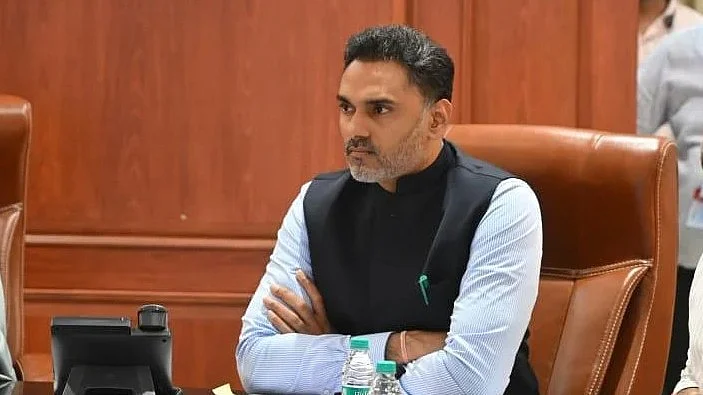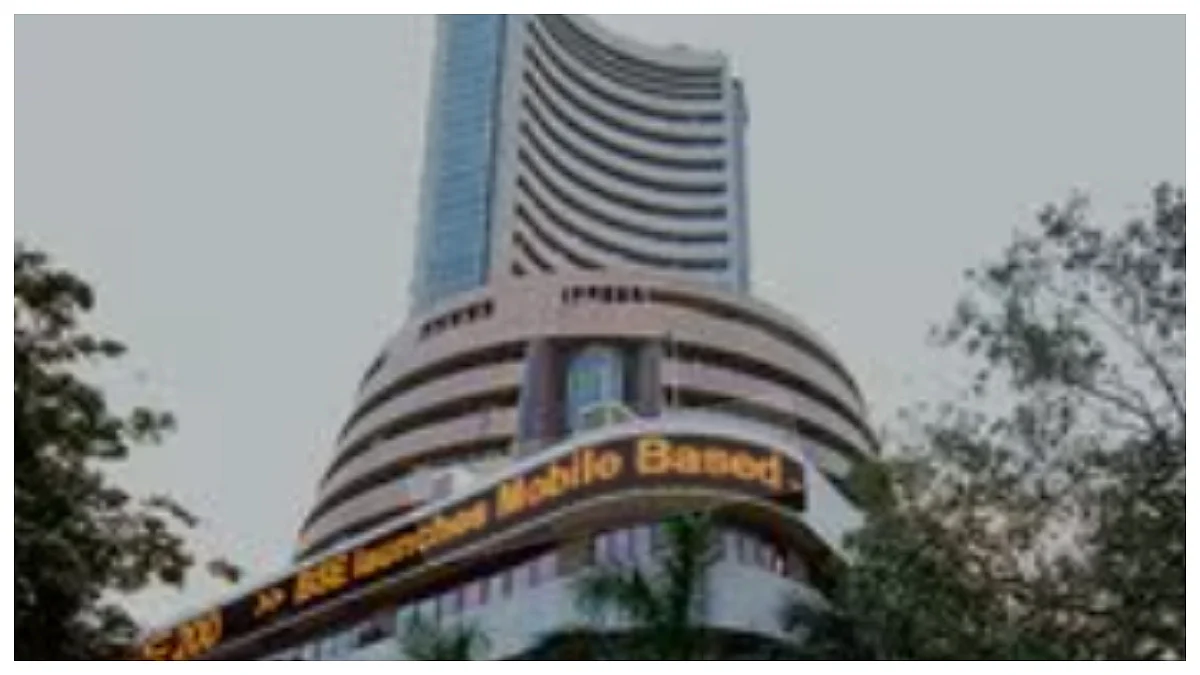In 2020, a loan fraud pulled off by ex-CEO Rana Kapoor, brought private lender Yes Bank to the bring of collapse as its capital crashed below minimum regulatory requirements. Public sector giant State Bank of India was brought in to rescue it, with a consortium that infused Rs 10,000 crore for a 49 per cent stake in Yes Bank. Now the mandatory three-year lock-in period for SBI to hold on to Yes Bank shares is coming to an end, and this could further bog down the private lender's stocks.

SBI not interested in hanging around
The SBI has already cut down its stake in Yes Bank from 49 per cent to little over 26 per cent over the years, and is reportedly looking to exit completely. This fear could become a reality when the lock-in period ends on March 13, 2023, and there's another factor causing pressure for Yes Bank. As per the debt resolution, AT1 bonds issued by the lender were to be written off, but that has been stayed by the High Court.
More liabilities ahead?
India's Supreme Court has also upheld the HC order, based on the argument that the bonds were missold to investors with promises of superior returns. As the matter is to be heard on March 28, Yes Bank will have to pay more than Rs 8,000 crore to bond-holders if the verdict goes in their favour.
This liability, along with SBI's plans to sell off its remaining stake in the private lender, will deliver a double whammy against Yes Bank's stocks in the month to come.










